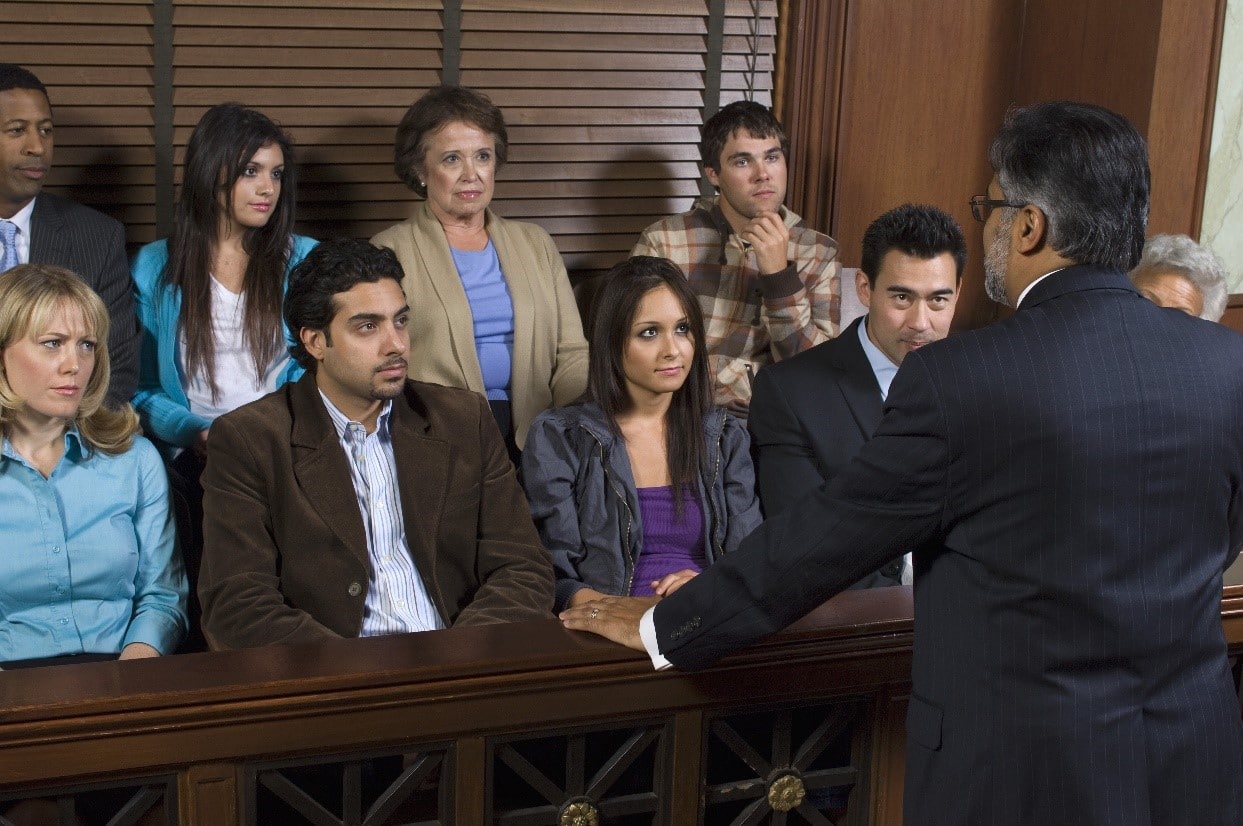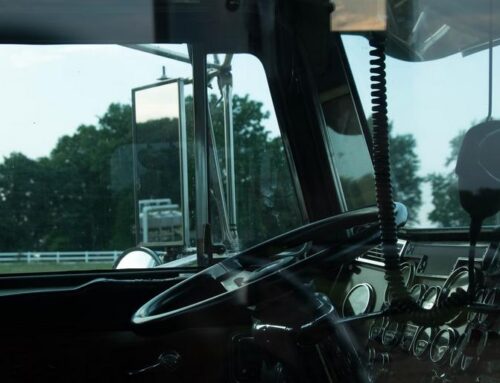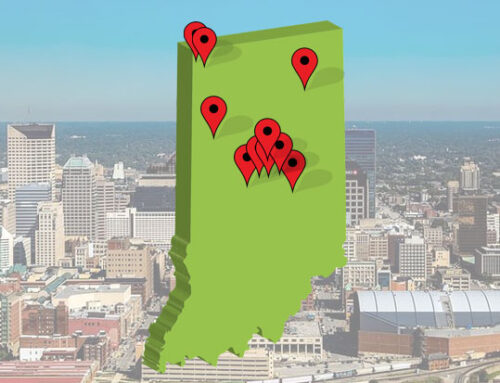Recently, the Indiana Supreme Court decided the case Clark v. Mattar, regarding whether or not a new trial should be awarded based on the fact that a judge denied a motion to strike a juror for cause, thus causing the plaintiff to use their last peremptory strike on said juror, which led to the use of another objectionable juror.
In this case, the Plaintiff died from complications after a Bariatric Surgery. The Case was a Medical Malpractice Case which in Indiana requires you to go through a panel of doctors before a trial. The Panel in this case found unanimously that Dr. Mattar had breached the standard of care!
Ultimately the case went to a Jury Trial in Marion Superior Court. Jury Trials have different stages which include opening statements, witness testimony, case presentation, and closing arguments. Before the Jurors get to see any of those more exciting parts of the case, there must be a process called Voir Dire. Voir Dire (also known as Jury Selection) is the first time that a Lawyer can talk to the prospective Jurors to make sure that they are the right people to sit on the Jury for that specific case.
When a Lawyer is conducting Jury Selection in Indiana, they have a certain number of what are called “Peremptory Strikes” and an unlimited number of Strikes for Cause. Generally there are three (3) Peremptory Strikes available to each party and as you can imagine those get used up fairly quickly when you have a Venire of 40 or 50 people. The Key in Strikes for Cause is that if the Juror cannot be fair and unbiased, then they are probably not the best person to serve on that Jury and should be stricken for cause.
In the Clark Case, during the Voir Dire process, a juror was adamant that he would not be able to put a number on non-economic damages because he did not think it was his job or place to do so. A motion to strike for cause was put before the judge, who denied it, stating that there was nothing showing prejudice in the juror’s refusal to name an amount of non-economic damages. The plaintiff’s attorney used the last peremptory strike to get rid of that juror and used a juror that was objectionable to the plaintiff.
The plaintiff filed an objection on the record stating that the specific juror should have been dismissed for cause, and the case moved forward. The use of an objectionable juror was appealed under the exhaustion rule, as laid out in Oswalt v. State 19 N.E.3d 241 (Ind. 2014). In Oswalt the court held that in order to appeal a refusal to strike for cause, a side must either use a peremptory strike on the juror who was not removed for cause or show that they have exhausted all their peremptory strikes.
The Appellate Court ruled in favor of the plaintiff, and granted a new trial based on the prejudice to the plaintiff. The defendant appealed to the Indiana Supreme Court. The Court again ruled in favor of the plaintiff and granted a new trial.
The majority opinion stated that a new trial was proper because a party was prejudiced when they had to use a juror, they found objectionable and would have used a peremptory strike on. The majority relied in part on Indiana Jury Rule 17, which states in part that, “the court shall sustain a challenge for cause if the prospective juror is biased or prejudiced for or against a party to the case.” Ind. Jury Rule 17(8)(a). The court also relied in part on Oswalt v. State 19 N.E.3d 241. The ruling in Oswalt created a bright line rule that where another party is prejudiced, and the denial of a motion to strike for cause is clearly erroneous, a new trial is warranted.
In Clark, the juror in question was against deciding non-economic damages in a civil tort case, more specifically a medical malpractice case. The juror repeatedly told the plaintiff that he could not or would not decide non-economic damages if that part of the case were reached. The Court reasoned that this was prejudicial to the party seeking the non-economic damages, and that this was reason enough to strike this juror for cause. If a juror is not willing to put a number on non-economic damages, they can be removed for cause, according to the Court in Clark.
Under Oswalt and now Clark, if a party is not granted a motion to strike for cause, and they use a peremptory strike on that juror, or can show they have exhausted all peremptory strikes, they may appeal. If it is shown on appeal that the inclusion of that juror or another juror that a party finds objectionable unfairly prejudiced a party, a new trial is warranted based on the opinion in Clark.
The Legal Team at Hurst Limontes LLC has the experience to litigate and try tough personal injury cases should the Insurance Companies act unreasonably. We have years of experience handling nothing but personal injury cases. We also regularly co-counsel with other attorneys. If you or someone you know has been injured or killed as a result of the negligence of another person or company give us a call at 317-636-0808.





